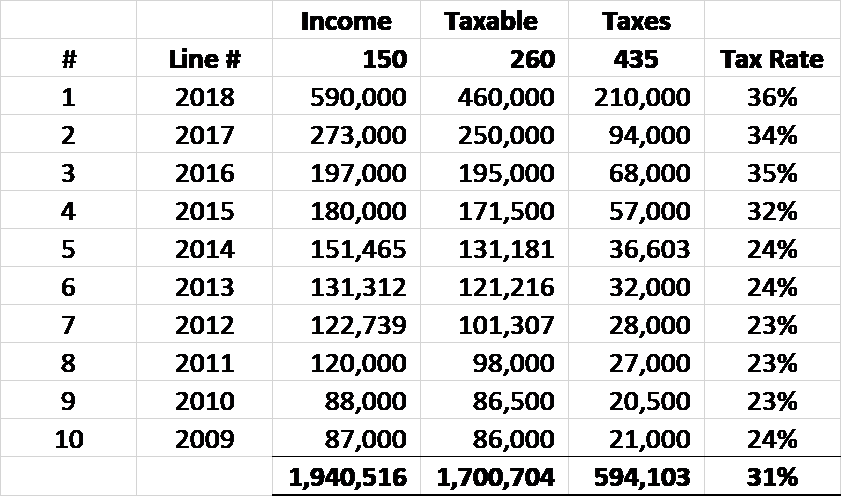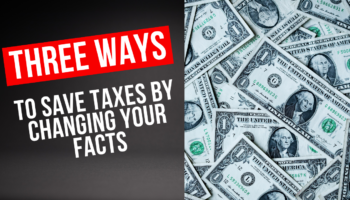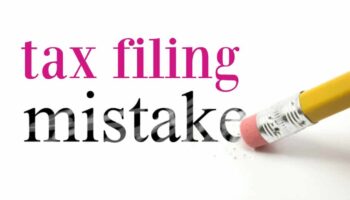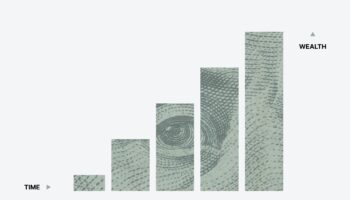In one of the chapters of my upcoming eBook (the final title of the book is yet to be determined), I share some of the main obstacles to building tax-free or tax-efficient wealth. One of the obstacles I discuss is taxes.
If you ask most Canadians what their biggest expense is, they will most likely say it’s housing costs – mortgage or rent. If you listen to the news media, they are always talking about the top three household expenses:
- Housing (mortgage or rent)
- Car payments (loan and interest)
- Kids education or childcare (student loans or daycare expenses)
Unfortunately, they are all wrong! According to a recent report from the Fraser Institute, the average Canadian family spent 43.6 per cent of their income on taxes in 2018, more than they spent on housing and other expenses combined. Can you imagine that? This is significant. The average family’s total tax bill at 44 per cent is double the amount they’re paying on housing costs each year.
The total tax bill considered in the Fraser report reflects taxes families pay to the federal, provincial and local governments – including income, payroll, sales, property, carbon, health, fuel and alcohol taxes. Everyday, taxes are stealing our money as you can see from these numbers. The worst part is that taxes don’t just steal your money, they also steal your time because time is money.
Consider this. The average person in a developed country (Canada included) spends 20 to 35 percent of their life working to pay taxes, i.e. more than two hours of every workday of the average person are dedicated to feeding the government. If you do the math, this is equivalent to approximately 13 years in your work life and 20 years in your lifetime. This is a prison sentence! And it will get worse. With the increased government spending that just got out of control with the government’s economic response to COVID-19, we expect to pay higher taxes in the future to deal with the rising debt level. In addition, as inflation spikes, the spending power of our currency will be dramatically reduced.
To appreciate the impact of taxes on the qualify of your lifestyle, I challenge you to do this simple exercise. Look at your tax data for the past decade (10 years) or 2 decades and summarize all your income (Line 150 of your tax return), taxable income (Line 260) and taxes paid (Line 435). Calculate the tax rate by dividing Line 435 by Line 150. If you’re married, do the same for your wife. You should have a data summary that looks like the sample below:

Note that this is just income taxes. If you add payroll taxes, sales tax, property tax and all the other taxes you pay, you will be approaching 50% or more in total taxes paid.
Once you have your data, ask yourself these three simple questions:
- Of the total income I earned in the last decade, how much of it did I keep?
- How did I manage the income I kept? In other words, how did I invest it and how much has it grown over the last decade?
- What do I have to show for all the income that poured into my life over the last decade? What impact have I created in my community?
In this example, the taxpayer earned over $1.9 million in the last decade and paid 31% of that in income taxes alone. On top of this, he/she would have paid close to another 20% in other forms of taxes, with less than half of the income left to take care of lifestyle and to invest for the future. A good yardstick for measuring how well you’ve managed your taxes and finances is to look at your net worth.
Considering this example, if the taxpayer’s net worth today is significantly less than $1.9 million, then she has not paid attention to managing her taxes and finances. The tax-smart Canadian with $1.9 million in income would arrange her affairs to pay less in taxes and would more than likely have over $1.9 million in net worth today. In my upcoming eBook, I reveal the blueprint for permanently reducing your taxes and growing your wealth in a tax-efficient manner.
To be clear, paying taxes is important for the benefits it provides to our society as a whole. What you have to consider is whether you’re paying more than your fair share of taxes. While I highly recommend that you pay whatever taxes you are legally required to pay, you should consider legal options available in our Tax Act to reduce your tax burden.






